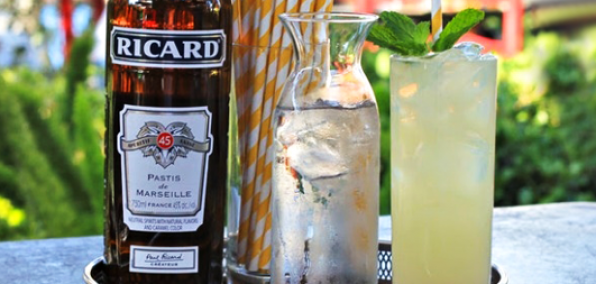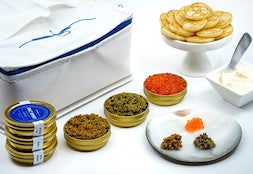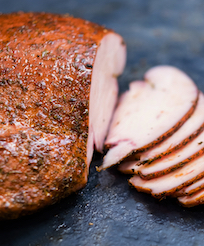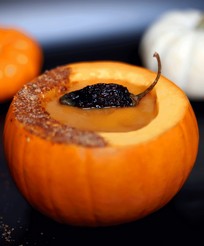
You can’t chug pastis.
I tried, a few weeks into my semester abroad in Aix-en-Provence, in the one-bedroom apartment I shared with a college friend. We were going to a club called Scat, a two-room cave where, on one side, French musicians performed classic American rock songs, their singing voices magically occluding any trace of their accents, while on the other side, people danced in sweaty huddled masses to American pop hits. I wanted to finish the drink before we left; instead, I found myself gagging over the sink.
Pastis is the antithesis of urgent fraternal binge drinking. It is meant to be sipped, enjoyed slowly in a cylindrical collins glass with the proper proportions of water and ice. If you’re doing it right, you should never get drunk, just pleasantly tipsy for an extended period of time. The best brand is Ricard, but an off-brand will do in a pinch. American girls, in my experience, have no taste for the stuff. To be fair, neither do American guys, though they’re perhaps more willing to stomach the necessary adjustments. Maybe I was more inclined than most toward the black licorice flavor of anise because it tasted like my grandmother’s favorite chewing gum.
In Aix, where leisure trumps work, I perceived time moving slowly, wading through muck or swimming against a current. The minutes were overzealous and indulgent; the hours content to luxuriate. Days refused to pass. They did, of course, but only begrudgingly, as if coerced. Looking back, I can’t recall with any detail what I really did for six months. I walked around, read, tried to write, failed to write, watched reruns of The O.C. on my laptop, sipped espresso, drank, partied, danced, never worked out and gazed longingly at French girls from afar, their nonchalant and obdurate beauty both a source of cliché and the profundity that settles in the space clichés leave when you stop giving a sh*t about them being clichés.
Pastis, in its own small way, proved an excellent temporal translator, acclimating me to a pace with which I was unfamiliar. We drank it during the day, at dusk, late into the evening and, once, at dawn, the morning after an all-day bullfighting festival surrounding a Roman coliseum in Arles. We drank it at lunch and during apéros, but mostly sprinkled throughout the long, drawn-out dinners at my brother’s homestay host’s apartment, invariably punctuated with hand-rolled cigarettes and rosé. We drank it outside cafés and bars, in the park, during the first few weeks we were there and the last few weeks before we left.
Back home, where everything moves faster, I drink it whenever I can get my hands on an overpriced bottle of Ricard. (Or, more realistically, an affordable bottle of Prado.) Always, I sip. And for a moment, I’m reminded that there’s no need to rush. I can slow it all down.
Tomorrow will still come, just maybe not as quickly.
I tried, a few weeks into my semester abroad in Aix-en-Provence, in the one-bedroom apartment I shared with a college friend. We were going to a club called Scat, a two-room cave where, on one side, French musicians performed classic American rock songs, their singing voices magically occluding any trace of their accents, while on the other side, people danced in sweaty huddled masses to American pop hits. I wanted to finish the drink before we left; instead, I found myself gagging over the sink.
Pastis is the antithesis of urgent fraternal binge drinking. It is meant to be sipped, enjoyed slowly in a cylindrical collins glass with the proper proportions of water and ice. If you’re doing it right, you should never get drunk, just pleasantly tipsy for an extended period of time. The best brand is Ricard, but an off-brand will do in a pinch. American girls, in my experience, have no taste for the stuff. To be fair, neither do American guys, though they’re perhaps more willing to stomach the necessary adjustments. Maybe I was more inclined than most toward the black licorice flavor of anise because it tasted like my grandmother’s favorite chewing gum.
In Aix, where leisure trumps work, I perceived time moving slowly, wading through muck or swimming against a current. The minutes were overzealous and indulgent; the hours content to luxuriate. Days refused to pass. They did, of course, but only begrudgingly, as if coerced. Looking back, I can’t recall with any detail what I really did for six months. I walked around, read, tried to write, failed to write, watched reruns of The O.C. on my laptop, sipped espresso, drank, partied, danced, never worked out and gazed longingly at French girls from afar, their nonchalant and obdurate beauty both a source of cliché and the profundity that settles in the space clichés leave when you stop giving a sh*t about them being clichés.
Pastis, in its own small way, proved an excellent temporal translator, acclimating me to a pace with which I was unfamiliar. We drank it during the day, at dusk, late into the evening and, once, at dawn, the morning after an all-day bullfighting festival surrounding a Roman coliseum in Arles. We drank it at lunch and during apéros, but mostly sprinkled throughout the long, drawn-out dinners at my brother’s homestay host’s apartment, invariably punctuated with hand-rolled cigarettes and rosé. We drank it outside cafés and bars, in the park, during the first few weeks we were there and the last few weeks before we left.
Back home, where everything moves faster, I drink it whenever I can get my hands on an overpriced bottle of Ricard. (Or, more realistically, an affordable bottle of Prado.) Always, I sip. And for a moment, I’m reminded that there’s no need to rush. I can slow it all down.
Tomorrow will still come, just maybe not as quickly.












